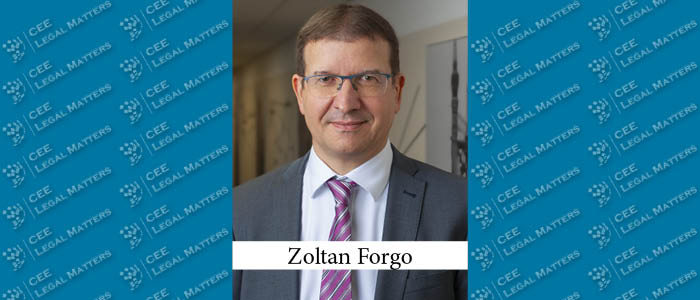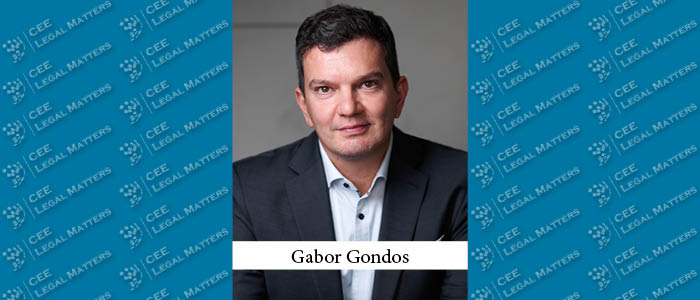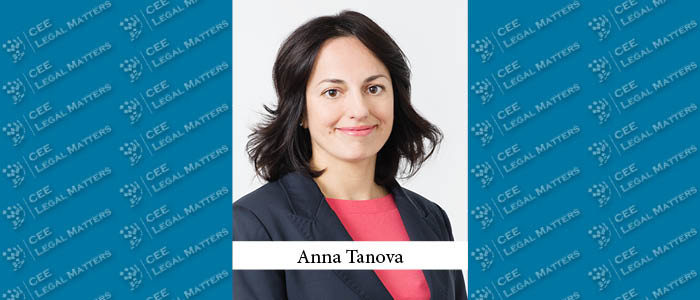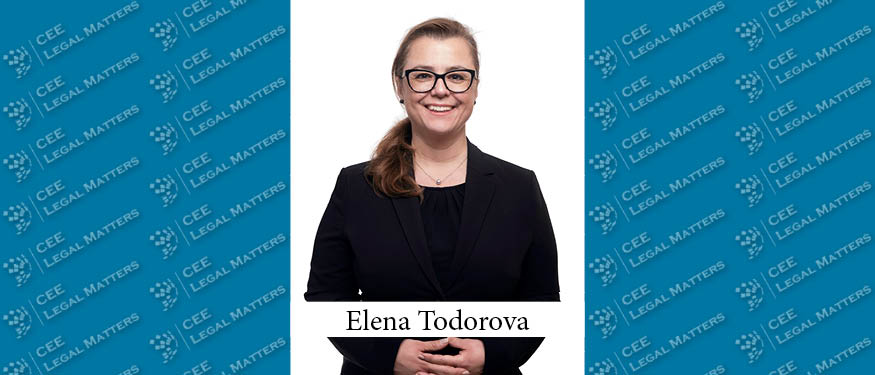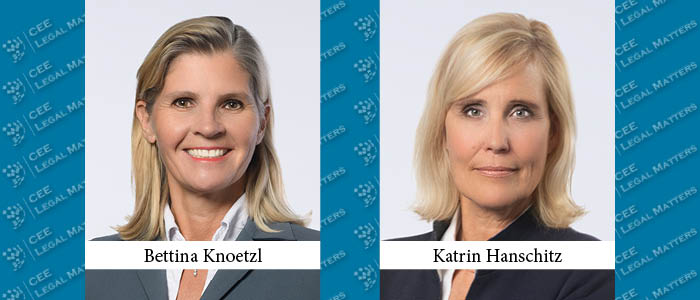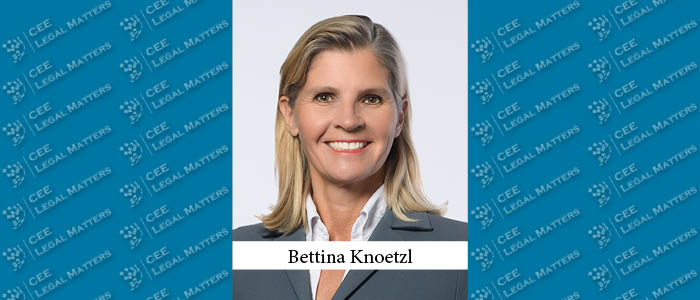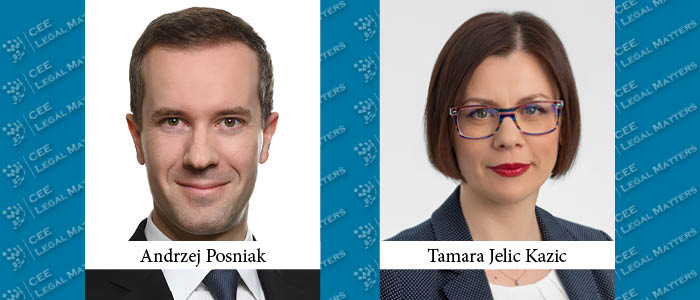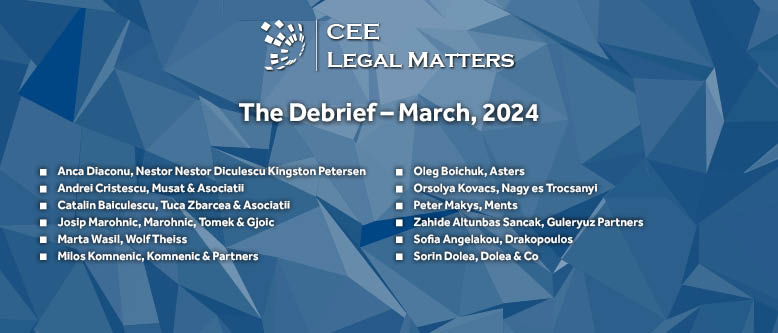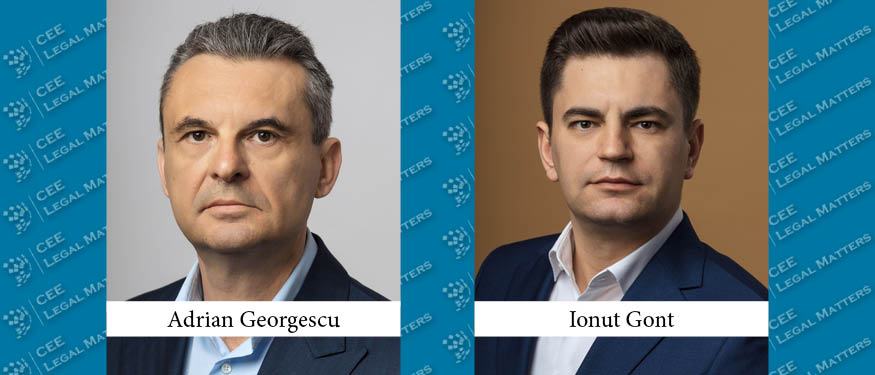Hungary recently adopted the so-called “ESG Act” (Act CVIII of 2023) relating to corporate social responsibility, taking into account environmental, social, and governance aspects, in order to promote sustainable financing and unified corporate responsibility. The act will gradually enter into force for different players within three years but, in general, is applicable as of January 1, 2024. The act is a framework regulation and further detailed rules are to be set out in government decrees yet to be issued to give greater clarity to market participants.
Navigating Complexity: Mixed-Use Real Estate Development in Hungary
Hungary’s real estate market has undergone a notable transformation in response to recent economic shocks – war, soaring energy prices, sharp interest rate hikes, and high inflation rates. Initially taking a cautious wait-and-see approach, market players have now shifted toward a more proactive approach, navigating the complex economic environment through innovative strategies. Among these strategies, mixed-use developments have gained traction. They’re seen as resilient to market turbulence but also provide innovative development opportunities and new ways for urban transformation.
Current Trends in the Hungarian M&A Market
I looked at M&A transactions in the last years using publicly available sources, our own transactions, and information provided by corporate finance advisory partners. I found that in 37% of the cases, purchasers came from Western Europe, in 37% from Hungary (private companies or the Hungarian state), and in 11% from investors in the CEE, while transactions where the purchasers were of US or Asian origin were negligible (US 3%, Asia 4%).
Redesigning – Changes in IP Designs in Hungary
Important changes entered into force as of January 1, 2024, in the world of designs. As a result, it will be easier, faster, and cheaper to obtain IP design protection in Hungary.
Hungary’s Legal Landscape: Navigating Peaks and Valleys in Litigation Trends
Hungary’s litigation landscape was shaped by the economic trends, domestic legal reforms, and global crises of the past 10-15 years. From the 2008 economic crisis to the implementation of the new Civil Procedure Code in 2018 and the transformative effects of the COVID-19 pandemic, it has been a rollercoaster ride.
Adapting to New Trends in the Labor Market
The waves of the COVID-19 pandemic, although hitting the population quite hard, served as an impetus for employees seeking refuge in home office.
The Spectrum of Hydrogen: Unravelling the Meanings Behind Its Colors
In the burgeoning landscape of alternative energy, hydrogen emerges as a beacon of hope, championing the transition toward a cleaner, more sustainable future. However, not all hydrogen is created equal, and the color code attributed to its production process not only paints a picture of its environmental footprint but also hints at the broader implications for our global energy matrix. This article delves into the colorful world of hydrogen, exploring the significance and implications of its diverse hues.
The Debrief: April 2024
In The Debrief, our Practice Leaders across CEE share updates on recent and upcoming legislation, consider the impact of recent court decisions, showcase landmark projects, and keep our readers apprised of the latest developments impacting their respective practice areas.
Bulgarian Competition Authority Sets Enforcement Priorities for 2024
Earlier this month, Bulgaria’s Competition Protection Commission (CPC) unveiled its strategic priorities for 2024, identifying sectors and activities that warrant increased regulatory scrutiny. These priorities will guide the CPC’s operational functions, which include market monitoring, signal verification, the initiation of administrative proceedings, market investigations, and ongoing enforcement actions.
Focus on Wind, Electricity Storage, and Phasing Out Lignites
Having a somewhat steady Government and Parliament since mid-2023 has led to more predictability in the Bulgarian regulatory environment for renewables. In October 2023, some important and significant changes to the RES Act entered into force, thus solidifying local support for renewable energy.
Bulgaria Updates its Copyright Act in Line with the DSM and CabSat Directives
The Bulgarian Parliament adopted amendments to the Copyright and Neighbouring Rights Act (CNRA) in December 2023 to transpose the Digital Single Market Directive (EU) 2019/ 790 and the CabSat Directive (EU) 2019/789.
M&A in Bulgaria: A Positive Outlook
Deal activity (both in terms of value and volume) dropped at the end of 2023 and the start of 2024. This is hardly surprising considering the overall unstable international environment and the variety of destabilizing factors at play. Regardless, we see signs of recovery.
Banking Legislative and Business Developments in Bulgaria During 2023
Following a long period of political instability, including five snap parliamentary elections in the past couple of years, as of June 2023, Bulgaria has a broad coalition government supported by a large parliamentary majority.
Real Estate Market in Bulgaria at the Beginning of 2024
It has started humbly, but 2024 is expected to be a year of interesting political developments. At a global level, there will be elections for the President of the United States and for the European Parliament. At a local level, in Bulgaria, a rotation of the government is expected, which means that, according to the preliminary agreements between the governing parties, the position of the Prime Minister will be taken by Mariya Gabriel (of the GERB party; currently at the position of Deputy Prime Minister), who will replace the current Prime Minister – Nikolay Denkov (of the We Continue the Change party) – in March. For now, it is still questionable whether this switch will trigger the termination of the mandate of some of the ministers.
Rise in Insolvencies Triggers Wave of Related Disputes
Galloping inflation and post-COVID-19 challenges are shaping the litigation market in Austria, with an unparalleled volume of insolvencies feeding into a high rate of litigation. Meanwhile, the Austrian government remains hesitant to implement the European collective redress system.
External and Internal Investigations Affected by Recent Developments
Internal investigations continue to be a crucial part of a robust compliance management system. Short messages exchanged on smartphones have become a significant source for internal as well as external investigations. The Austrian prosecution authority understands that screening smartphones is close to “manna from heaven” for any investigator. This Market Snapshot reports on two important developments in Austria: a constitutional court decision requiring a significant change of the law, and the impact of the newly implemented law for the protection of whistleblowers.
Tax: A CEE Level of Intricacy
CMS Poland Managing Partner Andrzej Posniak and CMS Croatia Partner Tamara Jelic Kazic discuss the complexities and opportunities inherent to the region’s tax landscape.
The Debrief: March 2024
In The Debrief, our Practice Leaders across CEE share updates on recent and upcoming legislation, consider the impact of recent court decisions, showcase landmark projects, and keep our readers apprised of the latest developments impacting their respective practice areas.



